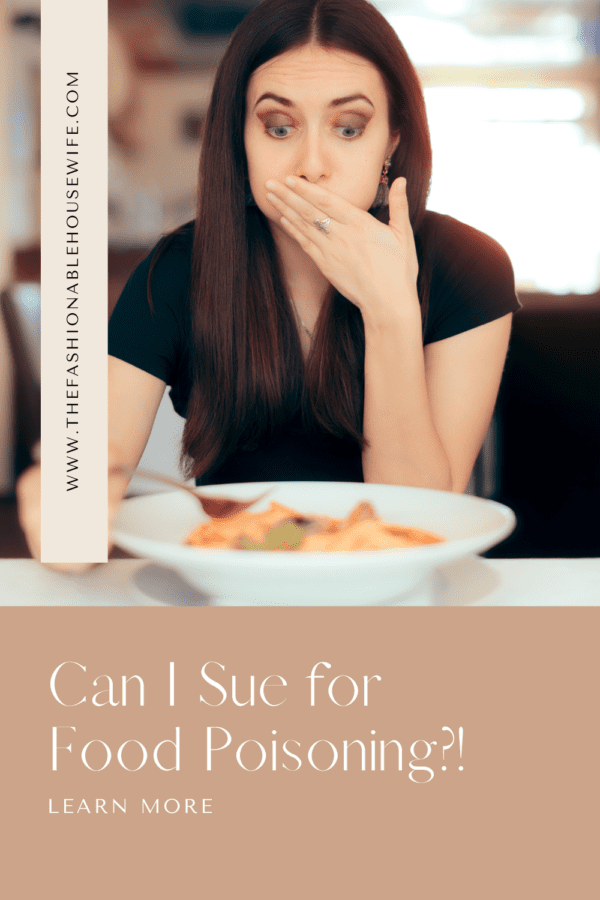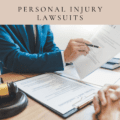
Maybe you’ve just come down with a case of food poisoning after eating at a restaurant. Or perhaps you purchased something from the grocery store and found what appears to be a piece of plastic in your salad. Cases like this may appear simple, but they are not always easy to prove. So, before you consult with food injury lawyers, you need to learn about the things you must do in order to prove a case for food poisoning or food contamination.
Food Poisoning Cases
Food poisoning means a person gets sick after eating food that contains a virus, bacteria, or parasite. Food poisoning can come about if food isn’t cooked long or well enough, comes in contact with contaminated food or food equipment, or isn’t properly refrigerated. Most of the time, food poisoning only causes symptoms that are relatively mild. Severe cases of food poisoning can result in major injuries or even death.
Common foods that are more likely to cause food poisoning include:
- Eggs
- Flour
- Sprouts
- Raw milk
- Bagged lettuce
- Oysters
- Raw milk cheeses
- Ground beef
- Pre-cut melon
- Hot dogs
What to do if you think You May Have a Food Poisoning Claim
If you think you have come down with food poisoning, the first thing you should do is seek medical care. Following that, you should start putting together evidence to file a claim.
Be sure to:
- Preserve the bad food, if you can
- Speak with your doctor and gather all the medical evidence
- Start a journal to document what happened
Types of Food Poisoning Claims
Food poisoning claims are also known as product liability cases. There are several different types of claims that fall under a product liability lawsuit include:
- Negligence claims
- Strict liability claims
- Breach of warranty claims
With negligence claims, the person who files the lawsuit is claiming that a defendant failed to meet a legal duty which resulted in the plaintiff coming down with food poisoning. For instance, a restaurant is responsible for refrigerating perishable foods and tossing foods away that have been sitting out too long. If this food is served after not being properly refrigerated, it is considered a breach of duty. That restaurant can then be held liable for foodborne illnesses.
Strict liability claims don’t require proof from the plaintiff claiming that the defendant was negligent. However, the plaintiff must prove that:
- The food was defective when it was sold or produced
- The plaintiff was injured by the food
- The seller expected the food to reach the customer without being altered
Finally, breach of warranty is another term for guarantee or promise, in legal terms. If a seller sells a product that doesn’t meet the terms of a warranty, this is considered a breach of warranty. If the plaintiff is able to prove damages, the seller could be held responsible.
Damages You Can Sue For
In the majority of food product liability claims, you may be eligible to sue for a couple of different damages. You can be awarded economic damages, also known as special damages. These are damages that you are compensated for if you’ve paid out of pocket for medical expenses, pharmacy expenses, and lost wages.
Additionally, you may be entitled to receive compensation for non-economic damages. This can include damage for loss, including emotional distress and pain and suffering.
Hiring an Attorney
Food poisoning claims are not the same as slip and fall injuries or car accident claims. With this type of claim, you have to prove that your illness was directly caused by eating a certain food. This can be challenging. But, if you believe you have a case, you will have more chances of succeeding if you hire an attorney that is experienced in handling product liability cases.





